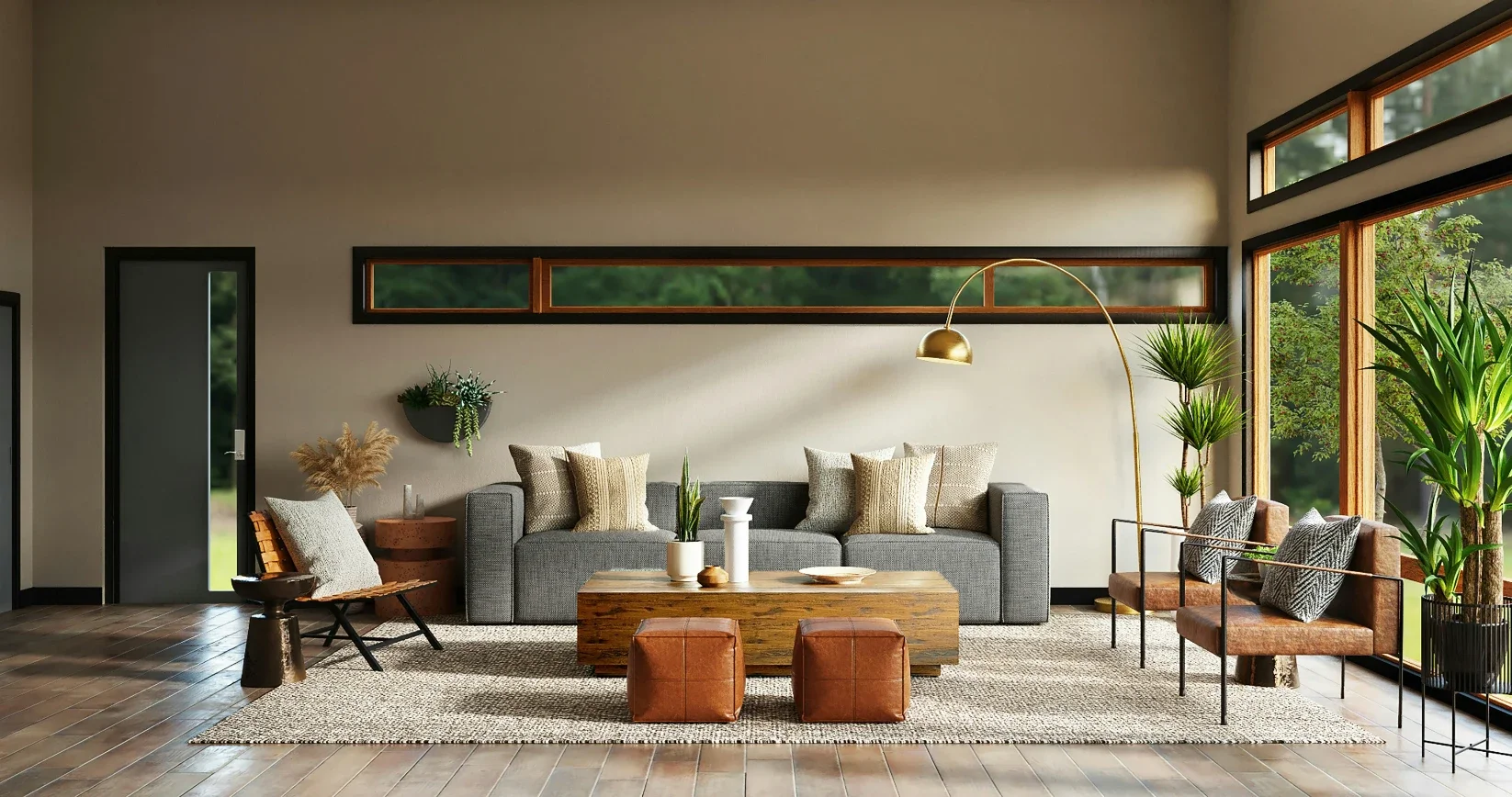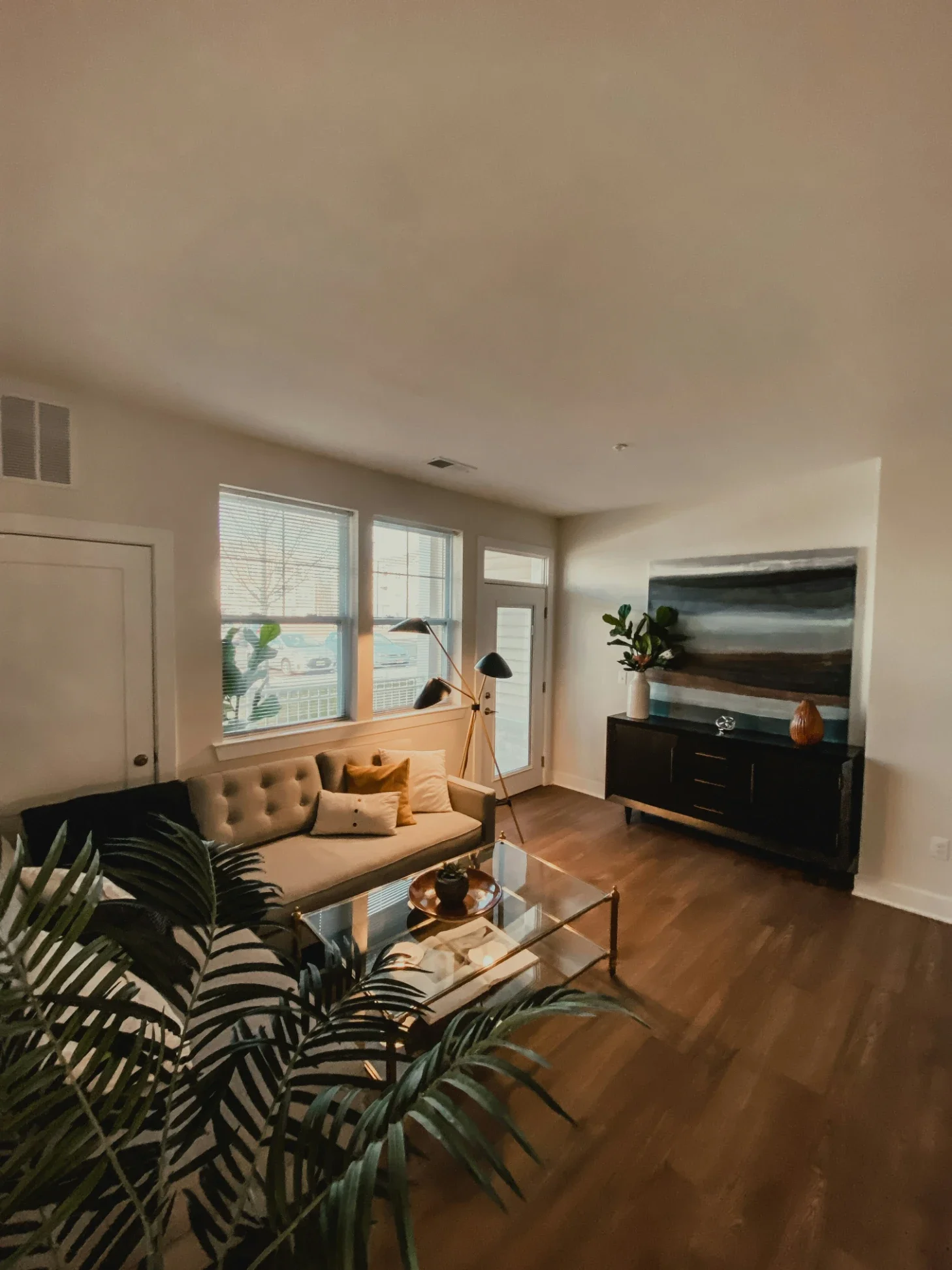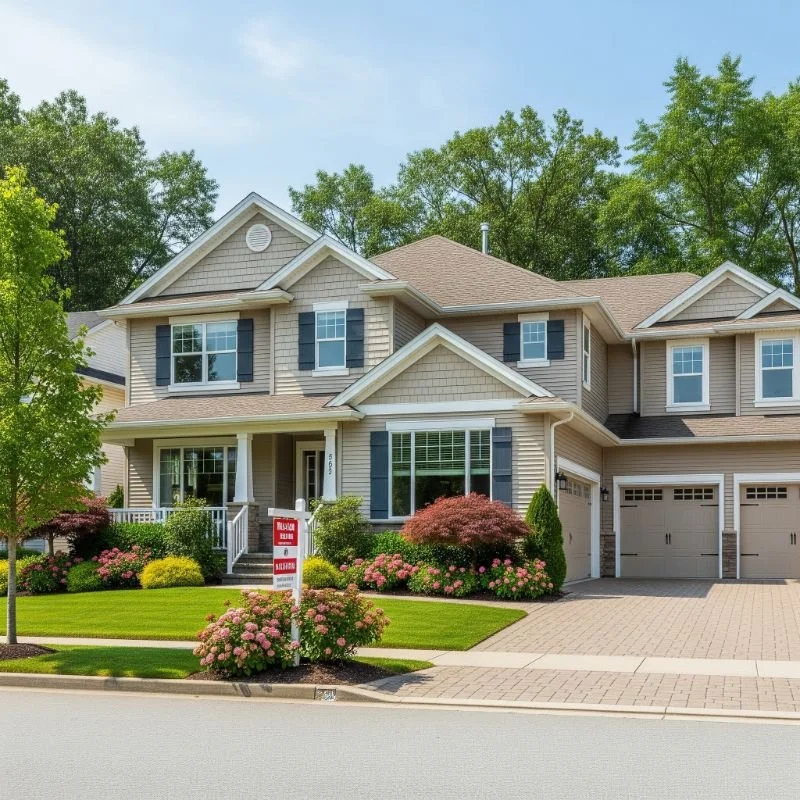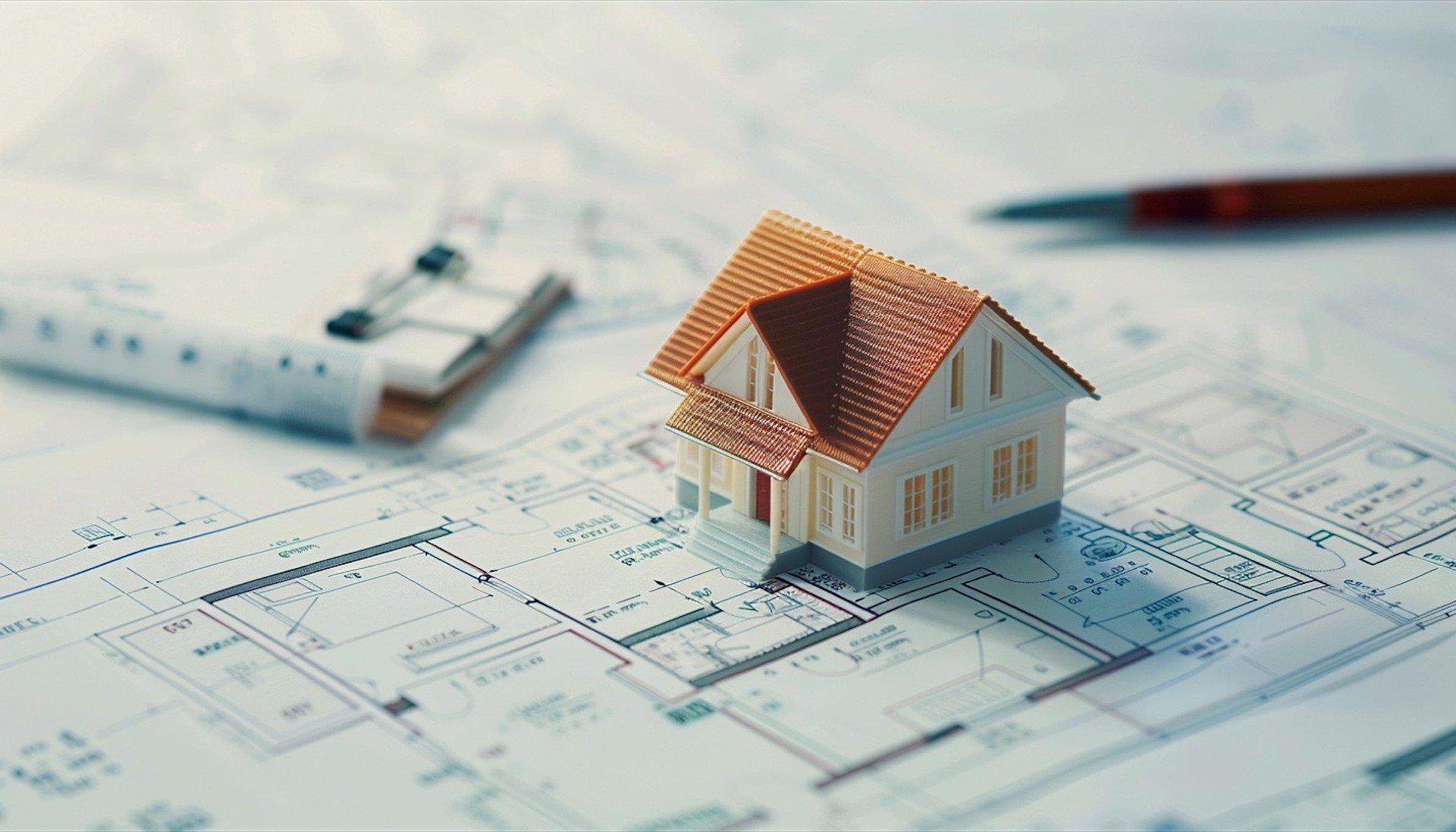How To Choose Between A HomeBuyer Report & Building Survey
Learn how to choose between a HomeBuyer Report and a Building Survey with this guide, detailing the differences and helping you make the best choice for your property purchase.
When you're buying a property, choosing the right type of survey is crucial. In the UK, your main choices are a HomeBuyer Report or a Building Survey.
Each type offers valuable insights, but a home buyers survey and a Building Survey provide different levels of detail and focus.
Understanding the Basics
HomeBuyer Report
The HomeBuyer Report is a popular choice for many home buyers. It is a standardised survey that gives a comprehensive overview of the property's condition.
This report is ideal for properties that are in reasonably good condition and not too old.
It covers significant issues such as dampness, subsidence, and structural problems, and provides a clear summary of the findings.
It also includes a valuation of the property and an estimate of the cost of any required repairs.
Building Survey
A Building Survey, on the other hand, is more detailed and in-depth. It is suitable for older properties, those in poor condition, or unique buildings.
This type of survey provides a thorough analysis of the building's structure and condition.
It will include detailed information about every aspect of the property, from the roof to the foundations, and offer advice on repairs and maintenance.
Choosing the Right Survey for You
Consider the Property’s Age and Condition
If you're purchasing a relatively new property or one that appears to be in good shape, a HomeBuyer Report might be sufficient. This survey focuses on major issues and is less intrusive, making it a cost-effective choice.
However, if the property is older or shows signs of wear and tear, a Building Survey would be more appropriate.
This survey is more detailed and will give you a comprehensive understanding of the property's condition.
Your Budget
The cost of the survey is another important factor. A HomeBuyer Report is typically cheaper than a Building Survey.
If you're on a tight budget but need a thorough check, the HomeBuyer Report could be the right choice.
Conversely, if you're willing to invest more for a more detailed analysis, a Building Survey will provide you with a deeper insight into the property's condition.
The Level of Detail You Need
Think about how much detail you want about the property. A HomeBuyer Report provides a summary of key issues and an overall view of the property's condition.
It's a straightforward option if you want a quick overview. A Building Survey, however, offers a detailed inspection and a thorough report on all aspects of the building.
If you're planning major renovations or just want to ensure there are no expensive issues, the Building Survey is worth considering.
The Type of Property
Different properties may require different surveys. For instance, if you're buying a listed building or a property with unusual features, a Building Survey would be more appropriate.
This survey can cater to the unique aspects of such properties and provide specific advice on maintenance and preservation.
Making Your Decision
Ultimately, the choice between a HomeBuyer Report and a Building Survey depends on your individual needs and the property you're buying.
If you need a general overview and are purchasing a newer or well-maintained property, the HomeBuyer Report will likely suffice.
If you're investing in an older property or need a more detailed assessment, the Building Survey will offer the comprehensive information you need.
Frequently asked questions
1. What is the difference between a HomeBuyer Report and a Building Survey?
A HomeBuyer Report provides a general overview of a property’s condition and highlights any significant issues such as dampness or structural movement. A Building Survey is more in-depth, offering a detailed analysis of the property’s structure and condition, including minor and major defects.
2. When should I choose a HomeBuyer Report?
You should opt for a HomeBuyer Report if you are buying a relatively new or well-maintained property. It’s designed for homes that are in reasonably good condition and provides a straightforward summary of any significant problems.
3. When is a Building Survey the better option?
A Building Survey is ideal for older properties, properties in poor condition, or buildings with unique features, such as listed or historic buildings. It offers a detailed, thorough examination of the entire structure, making it useful if you're concerned about potential repairs or maintenance.
4. Which survey is more expensive?
A Building Survey is typically more expensive than a HomeBuyer Report. The higher cost reflects the greater level of detail and thorough inspection involved in a Building Survey. If you need a more comprehensive assessment, it's worth the investment.
5. Do I need a survey if the property looks fine?
Even if a property seems in good condition, a survey is advisable. A HomeBuyer Report can help identify hidden issues, while a Building Survey will provide reassurance, especially if you’re buying an older home.
6. Will a survey include a valuation?
Yes, a HomeBuyer Report usually includes a valuation and an estimate of repair costs. A Building Survey may not include a valuation by default, but you can request one at an additional cost.
7. Can I use a Building Survey for renovation advice?
Absolutely. A Building Survey is ideal if you’re planning major renovations or structural changes, as it provides detailed advice on the condition of every part of the property, helping you avoid costly surprises later on.



























